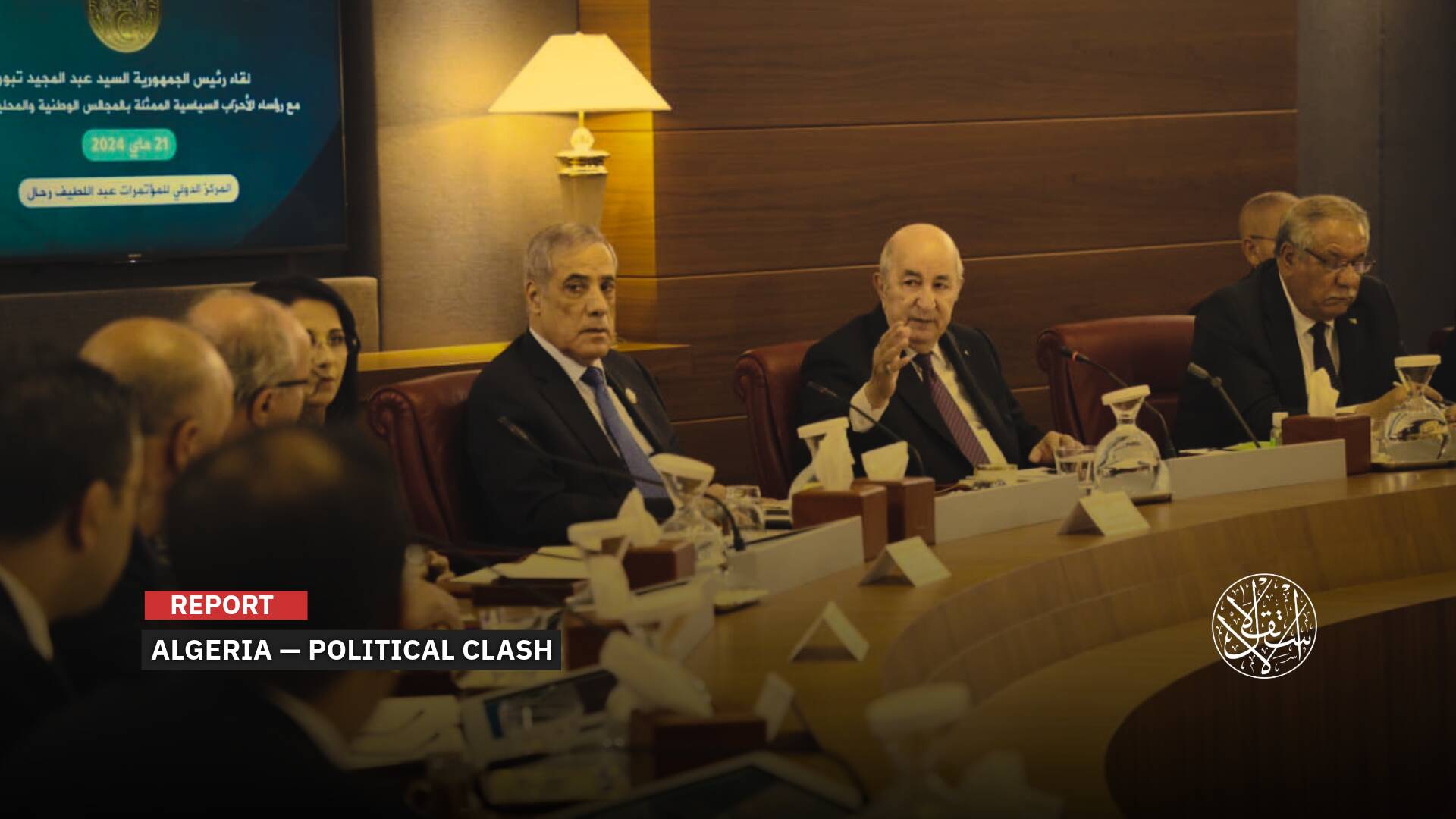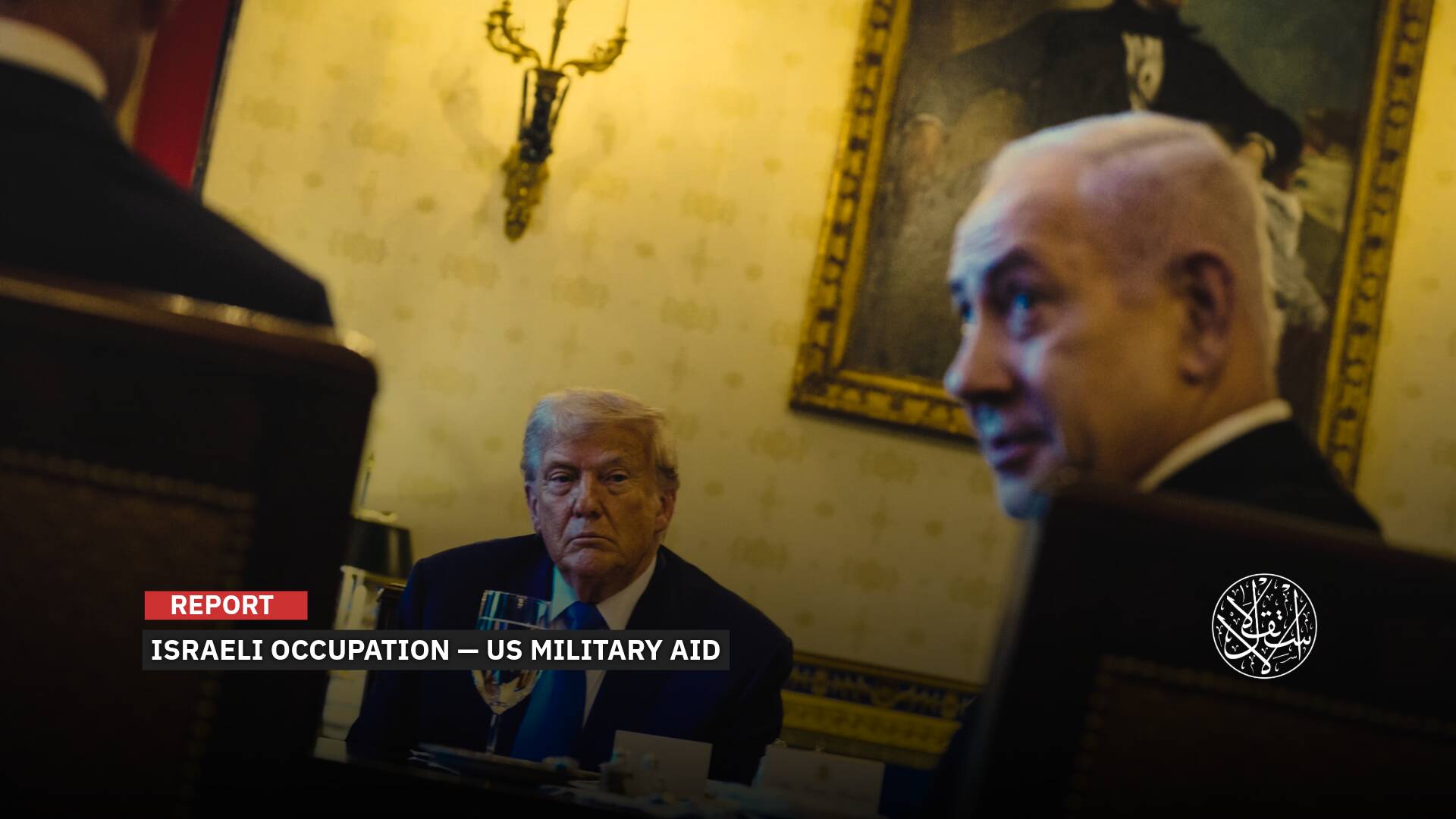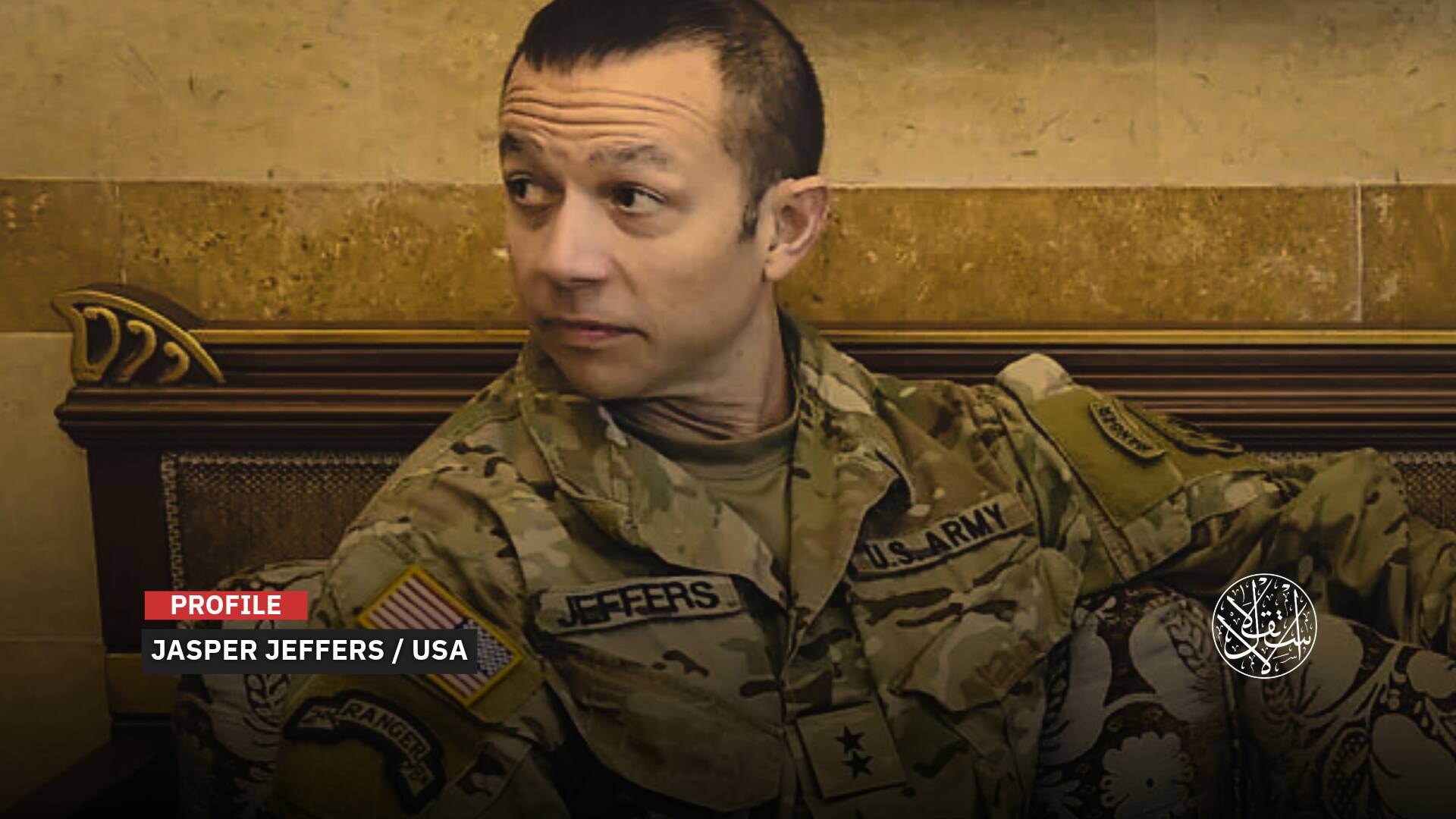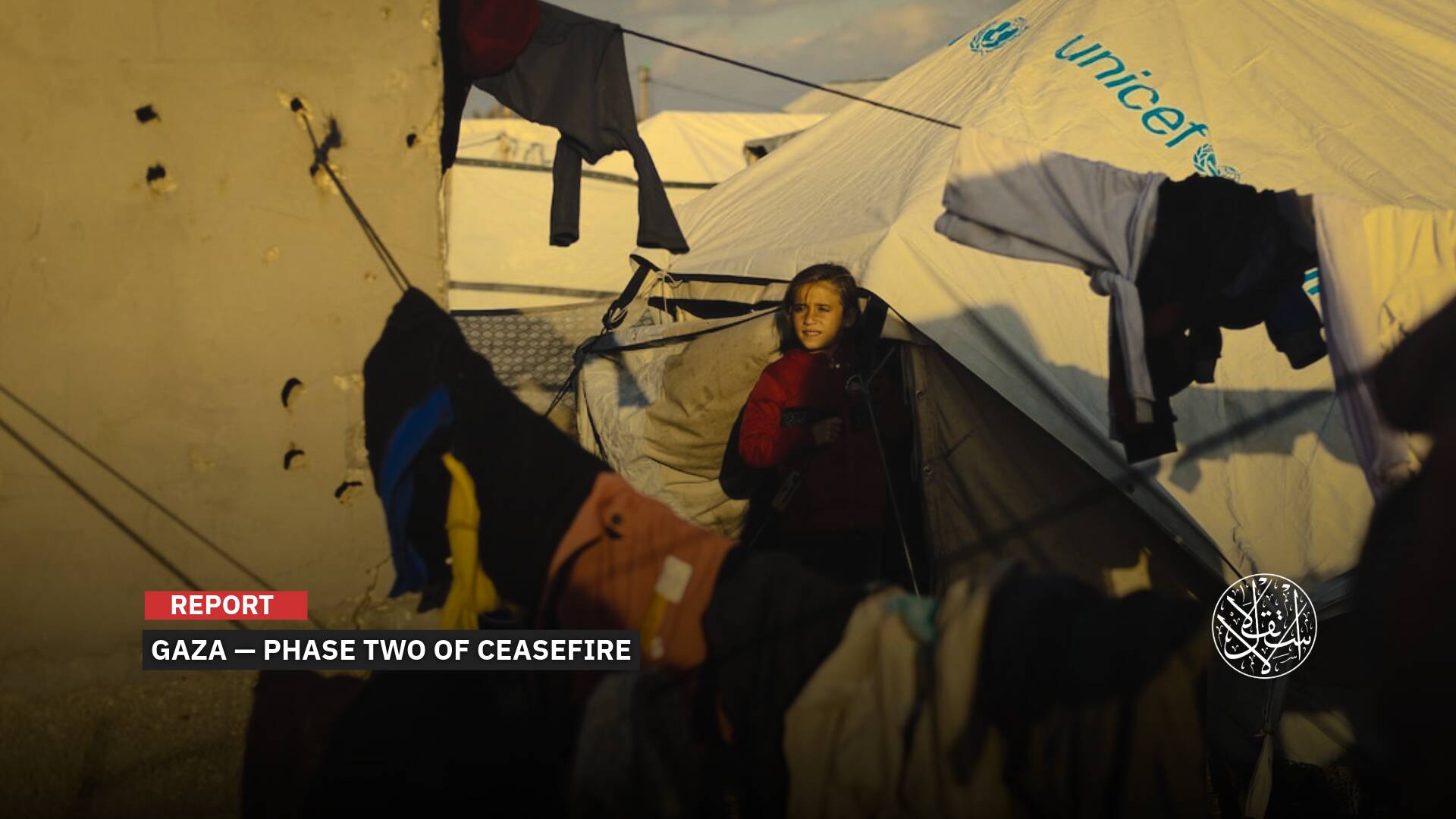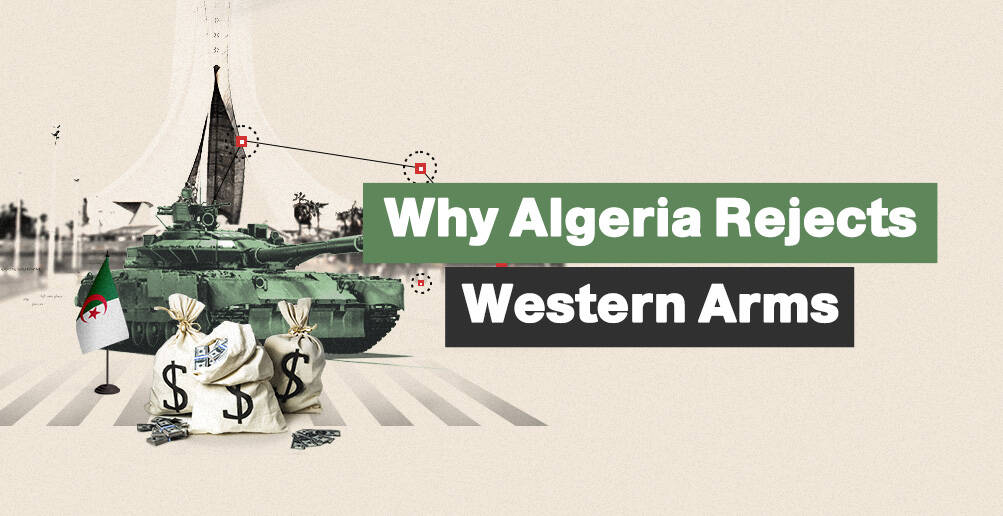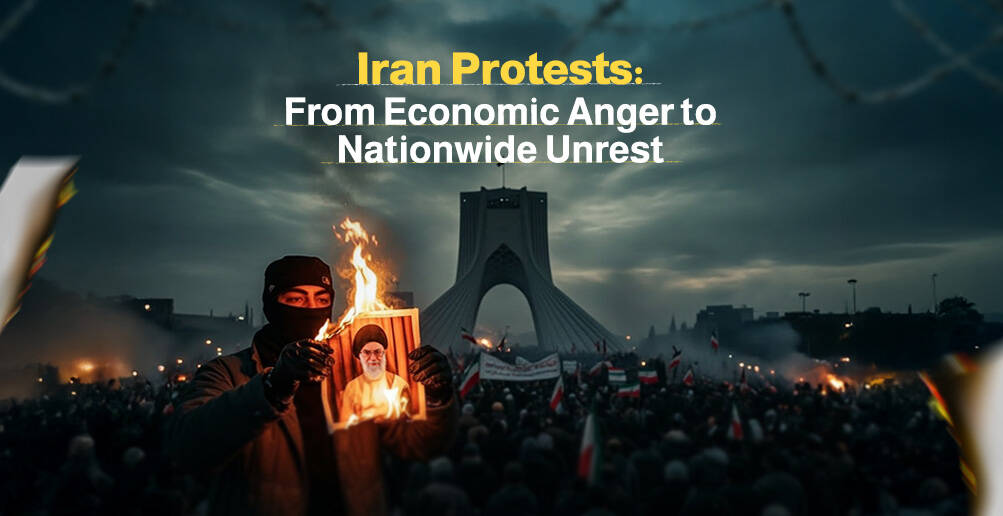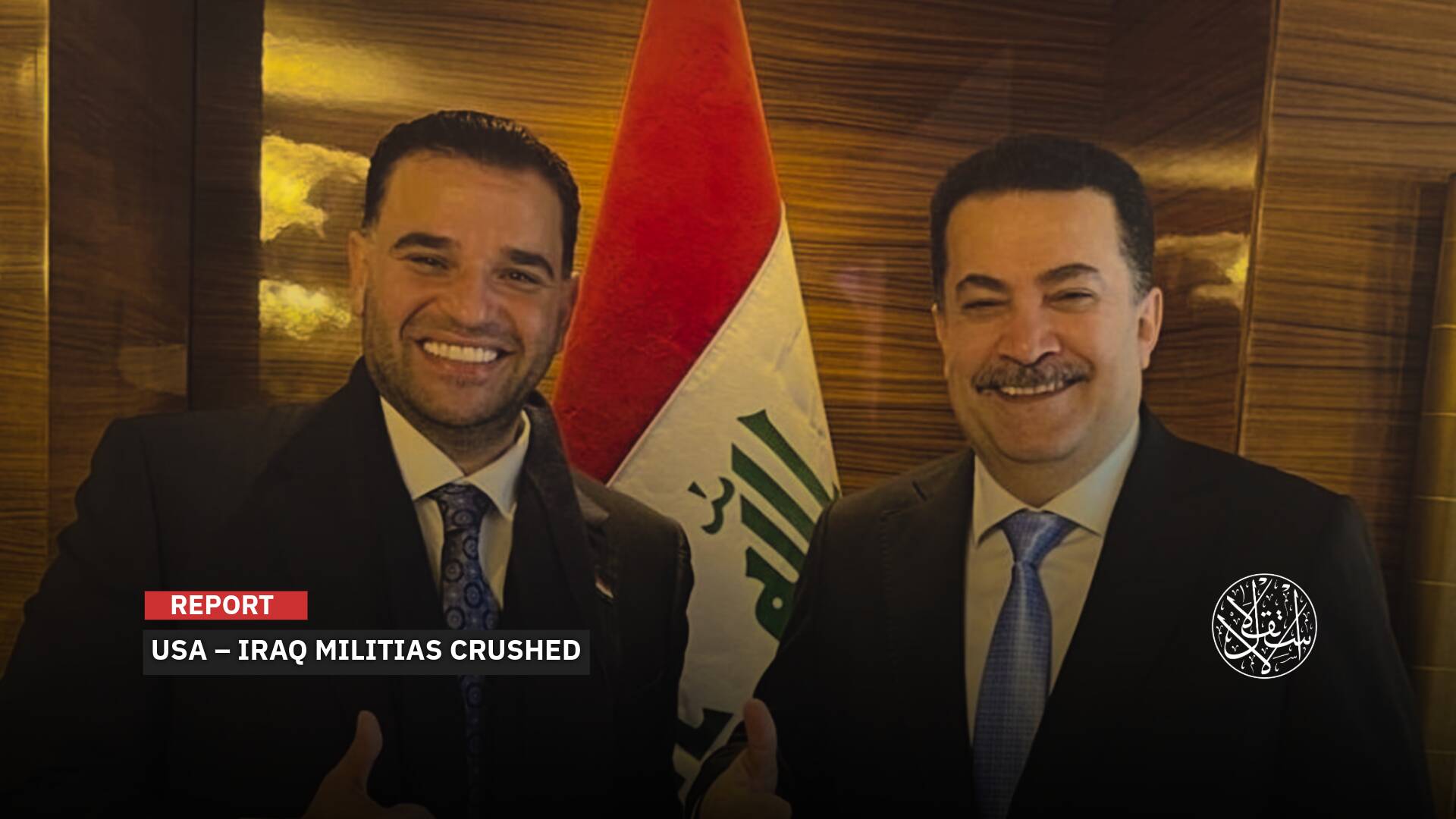Syria and Turkiye Losing Patience: Is a Military Operation Against the SDF Looming?
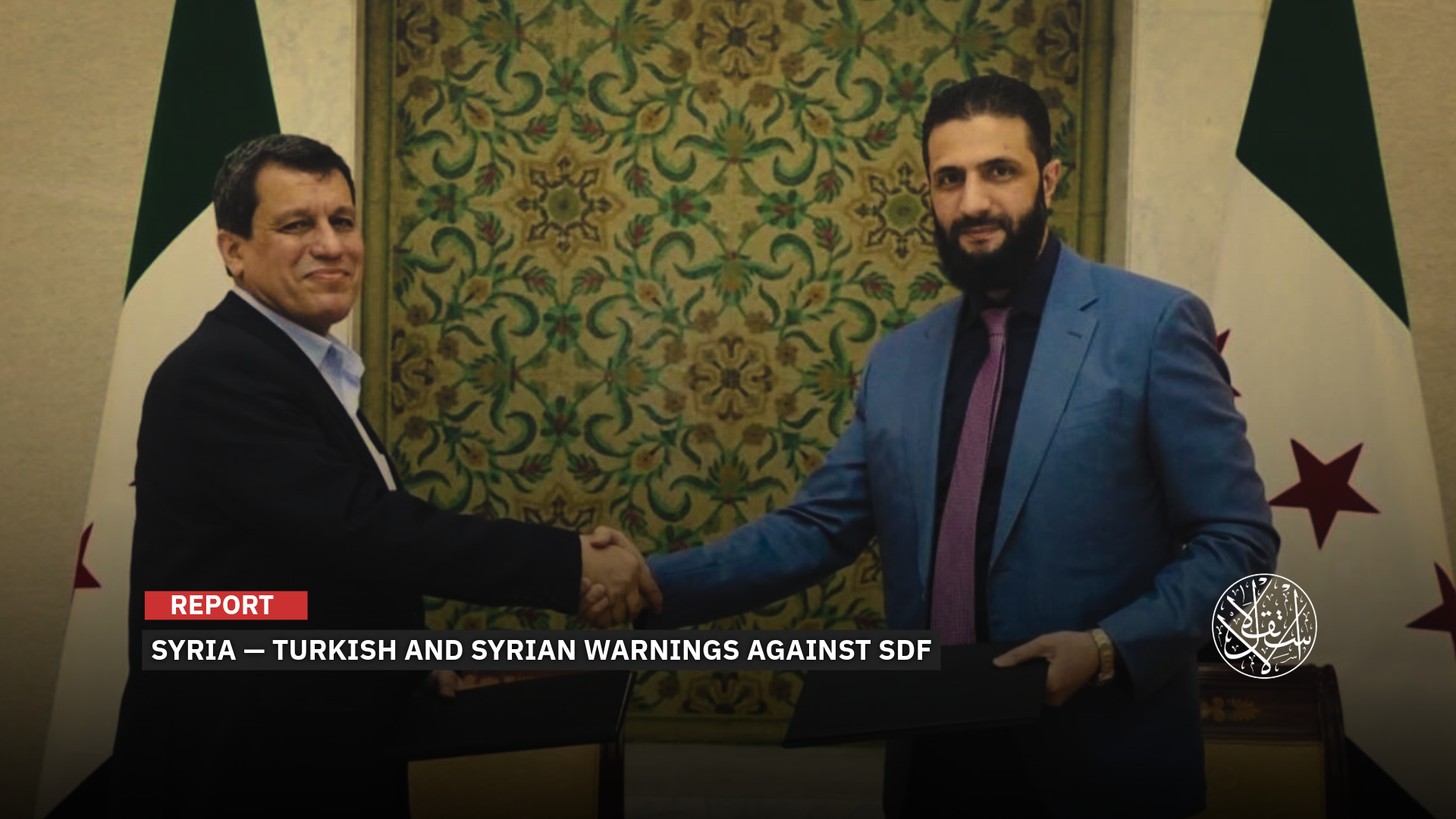
“Time is running out as the drums of war grow louder for the SDF.”
In a sharp, escalating tone, Syrian President Ahmed al-Sharaa set a final deadline of December 2025 for the Syrian Democratic Forces (SDF) to implement the agreement calling for full integration with the new Syrian state.
However, the SDF’s continued reluctance, backed by Washington, to carry out the planned integration has led al-Sharaa to warn journalists and researchers from around the world, “If integration is not achieved by December, Turkiye may take military action.”
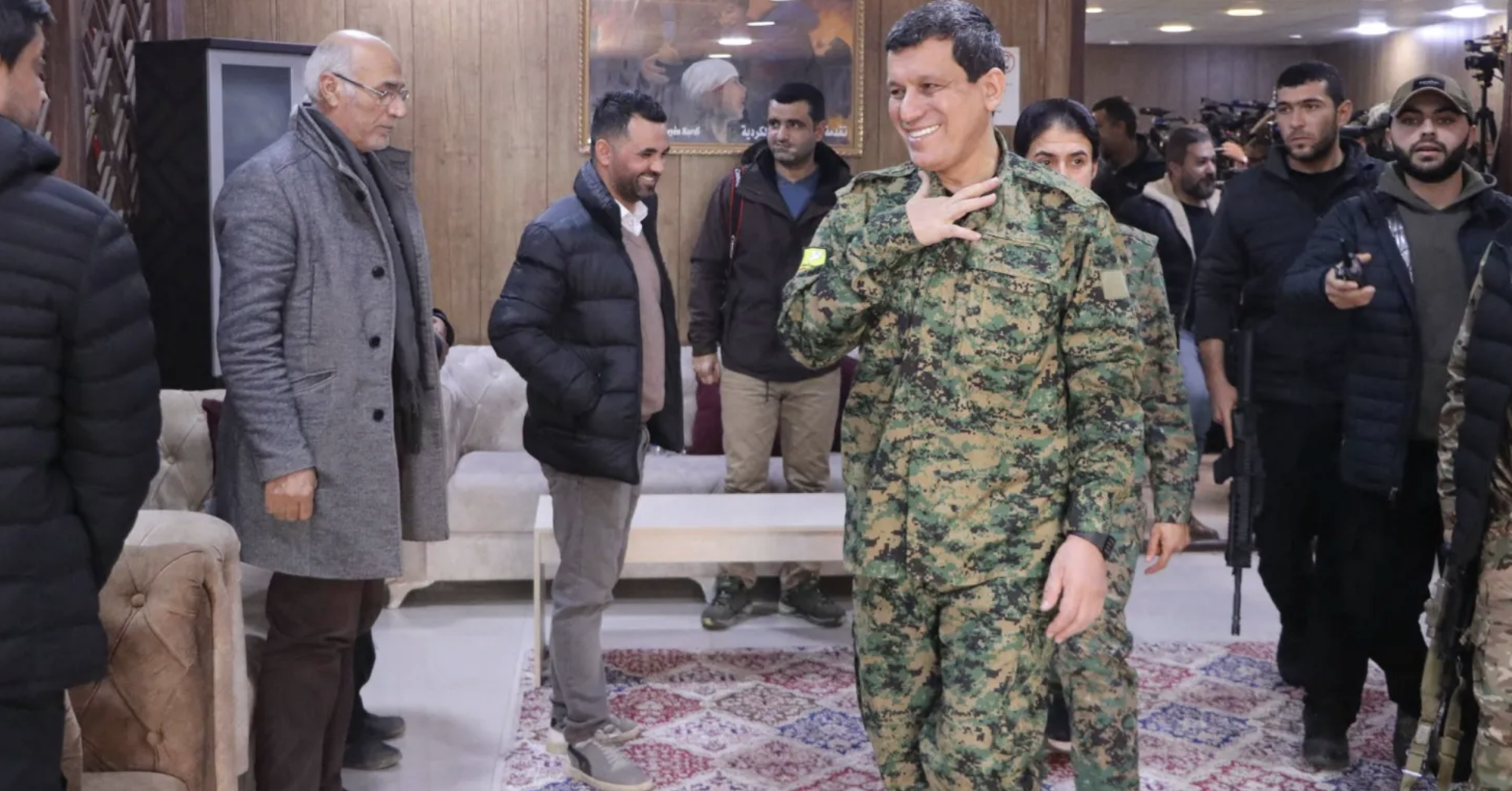
Final Deadline
In response to the SDF’s demands for “decentralization,” which Damascus rejects, President Ahmed al-Sharaa noted that Syria is already 90 percent decentralized under Law No. 107, according to Turkiye’s Milliyet newspaper. The report cited Omer Ozkizilcik, director of the Imran Center for Studies, who recently met al-Sharaa as part of an international delegation of journalists and researchers.
Al-Sharaa said Syrian society is not ready to discuss federalism, describing the decentralization demands as a thinly veiled push for separatism. In his first meeting with SDF commander Mazlum Abdi, he stated, “If you came here to demand Kurdish rights, don’t bother. My principle is that Kurds are equal citizens of Syria. I care about Kurdish rights more than you do.”
He argued that the March 10 agreement, initially supported by the U.S. and Turkiye, was sabotaged by certain factions within the SDF and the PKK, slowing its implementation. Al-Sharaa also warned that the current situation in northeast Syria poses a threat to the national security of both Turkiye and Iraq.
Damascus convinced Ankara to hold off on military action after Assad’s fall to allow negotiations, but the SDF has continued to delay implementing the agreement. The pact includes eight points, and joint committees are supposed to complete its application by the end of 2025.
In a mid-September interview with the Syrian News Channel, al-Sharaa said negotiations with the SDF were progressing but faced “obstruction or delays,” with international actors intervening as mediators. He emphasized that he has done everything possible to prevent a battle or war over the issue.
Senior SDF officials maintain that they cannot compromise on political decentralization, a demand Damascus rejects along with any notion of federalism. On September 17, 2025, a demonstration in Qamishli, under SDF control, called for decentralization and reaffirmed Kurdish self-administration.
“When we speak of decentralization, we want it for all of Syria, not just our region,” said SDF leader Aldar Khalil.
On September 19, 2025, Turkish Defense Minister Yasar Guler called on groups affiliated with the PKK, including the SDF, to immediately cease activities and surrender weapons without conditions, during the Veterans Day ceremony in Ankara.
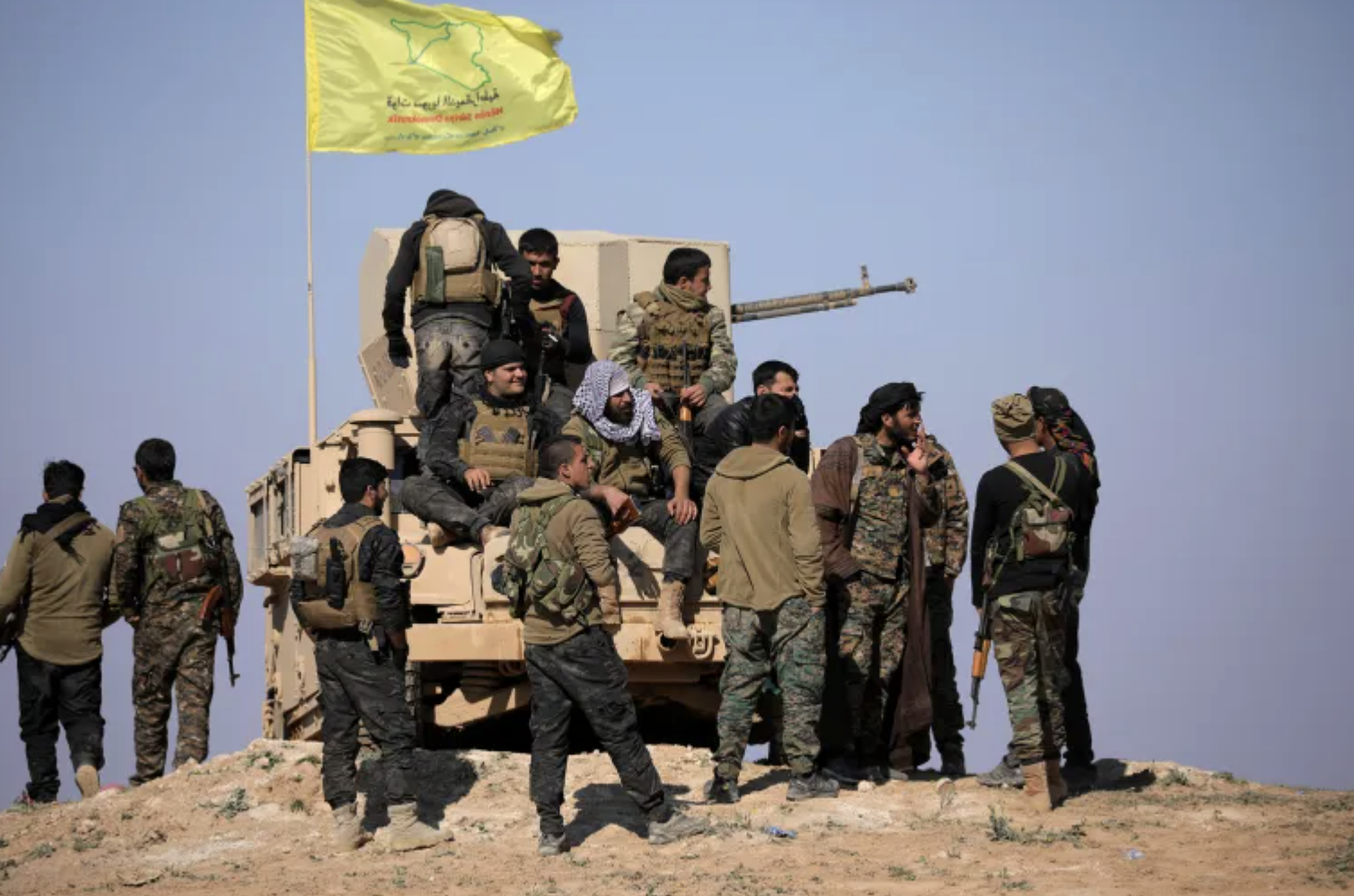
A New Opportunity
While Ankara continues to issue warnings to the SDF, diplomatic contacts between Turkiye and Syria are increasing, particularly after the two countries’ defense ministries signed a joint training and advisory agreement.
Turkish Foreign Minister Hakan Fidan said at a conference in Rome on September 13, 2025, that the SDF is attempting to exploit the crisis created by the Israeli Occupation in Syria for its own gain. He added that reaching an agreement between the SDF and Damascus would be positive. “They signed an agreement on March 10. While we were not fully satisfied with its terms, adherence by both parties would be beneficial,” he added.
Fidan noted that the SDF is slow to implement the agreement and is betting on the Israeli-induced crisis to create new opportunities, believing that renewed instability in Syria could serve their interests. He also highlighted that many PKK members are entering from Iraq and Iran to work with the SDF, not for Syria, but to target Turkiye, and warned that Ankara will take necessary action if threats continue.
“Turkiye does not want any PKK-affiliated groups to remain a threat to its national security or Syria’s unity after Assad’s fall,” retired brigadier general Abdullah al-Asaad told Al-Estiklal.
“President al-Sharaa is keen for SDF-Damascus understandings to proceed as outlined in the March 2025 agreement, but continued delays in integration push Damascus to urge the SDF to comply before Turkiye’s patience runs out.”
Al-Asaad emphasized that Syria’s warnings linked to Turkiye’s position offer the SDF a new, limited opportunity, but with urgency to implement the agreement before year-end. “Damascus has done its part politically and given sufficient time,” he said.
Some SDF leaders continue to resist even U.S. pressures to integrate with government security forces. Meanwhile, U.S. Special Envoy to Syria and Ambassador to Turkiye, Thomas Barrack, has repeatedly urged the SDF to ratify the March 2025 agreement, placing their territories under state authority and merging SDF forces into government security.
Notably, several senior U.S. diplomats at the Syria Regional Platform (SRP)—the de facto U.S. mission to the country, based remotely in Istanbul—have been abruptly let go from their posts in recent days.
The move comes as Washington pushes to integrate its Kurdish allies in Syria with the central administration in Damascus.
A Western diplomat told Reuters on September 18, 2025, that the ousting of the U.S. diplomats was in part driven by “a divergence” in views between staffers and Barrack on the issue of the SDF and Sharaa, without elaborating.
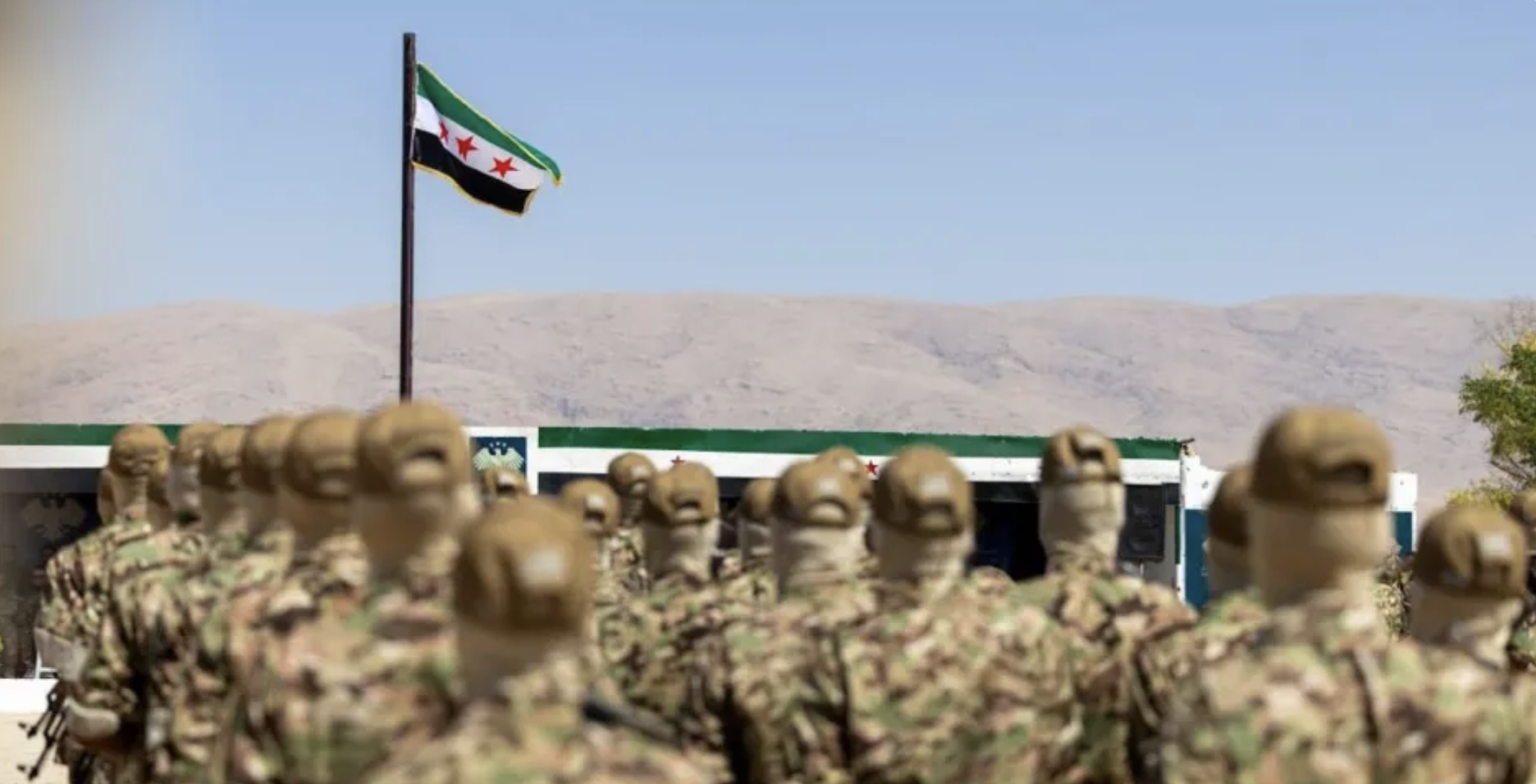
Drums of War
Syrian military and strategic expert Colonel Fayez al-Asmar said the numerous deadlines given by the Syrian government to the SDF militias have largely failed to yield progress in implementing the March 10, 2025, agreement between President Ahmed al-Sharaa and SDF commander Mazlum Abdi.
“President al-Sharaa had previously asked Turkiye to give diplomacy and peaceful solutions time to allow the SDF to integrate into the Syrian state, in an effort to prevent further bloodshed,” al-Asmar told Al-Estiklal.
“But that window has likely stayed open for too long,” he added. “Al-Sharaa’s latest warning to the SDF underscores the reality that Turkiye is unwilling to tolerate even a small armed SDF presence along its border, let alone thousands of fighters seeking autonomy outside Damascus’s control.”
“Time is running out as the drums of war grow louder for the SDF.” The strategic expert noted that any Turkish military operation would require U.S. approval but would likely be limited, similar to Operation Peace Spring, aimed at pressuring the SDF to comply and merge with the new Syrian state under coordination with Washington.
Turkiye, in cooperation with the Syrian National Army (which joined the new Syrian army after Assad’s fall), has already conducted two military operations to prevent the SDF from connecting a strip of villages and towns along the Syrian-Turkish border, linking al-Hasakah, ar-Raqqah, and Aleppo provinces, and stopping the formation of a Kurdish entity along its border.
The first, Operation Olive Branch, launched on January 20, 2018, secured the city of Afrin in northern Aleppo from PKK elements. The second, Operation Peace Spring, launched on October 9, 2019, focused on al-Hasakah and ar-Raqqa, pushing the SDF and other PKK-affiliated groups 30 kilometers from the Turkish border.
Sources
- President al-Sharaa: Failure to Integrate the SDF by Year’s End Could Push Turkiye to Take Military Action [Arabic]
- Fidan: The SDF Is Betting on Israel’s Role in Syria, but Turkiye Will Do What’s Needed to Protect Its Security [Arabic]
- Turkish Defense Ministry: No Withdrawal from Syria Until the Terror Threat Is Eliminated [Arabic]
- The Final Warning: Turkiye Threatens Military Operation Against the SDF [Arabic]
- Turkey's Fidan Accuses YPG of Occupying Syrian Land as SDF Commander Reaffirms Peace Deal
- Syrian Official: Turkey Poised for Military Action Against SDF if March Agreement Failed
- Al-Sharaa distrusts Israel, does not rule out Turkish military action





